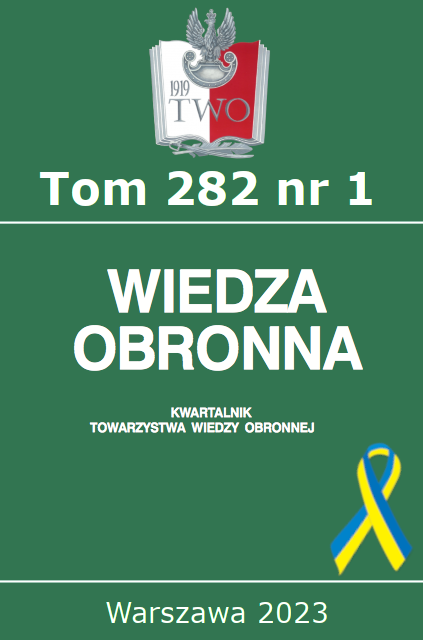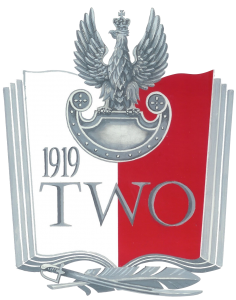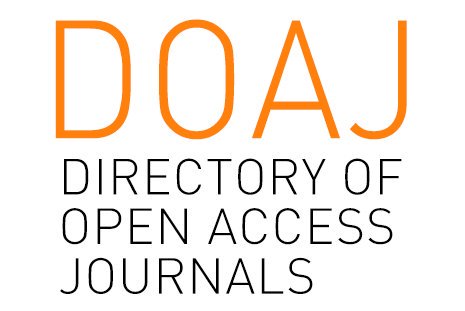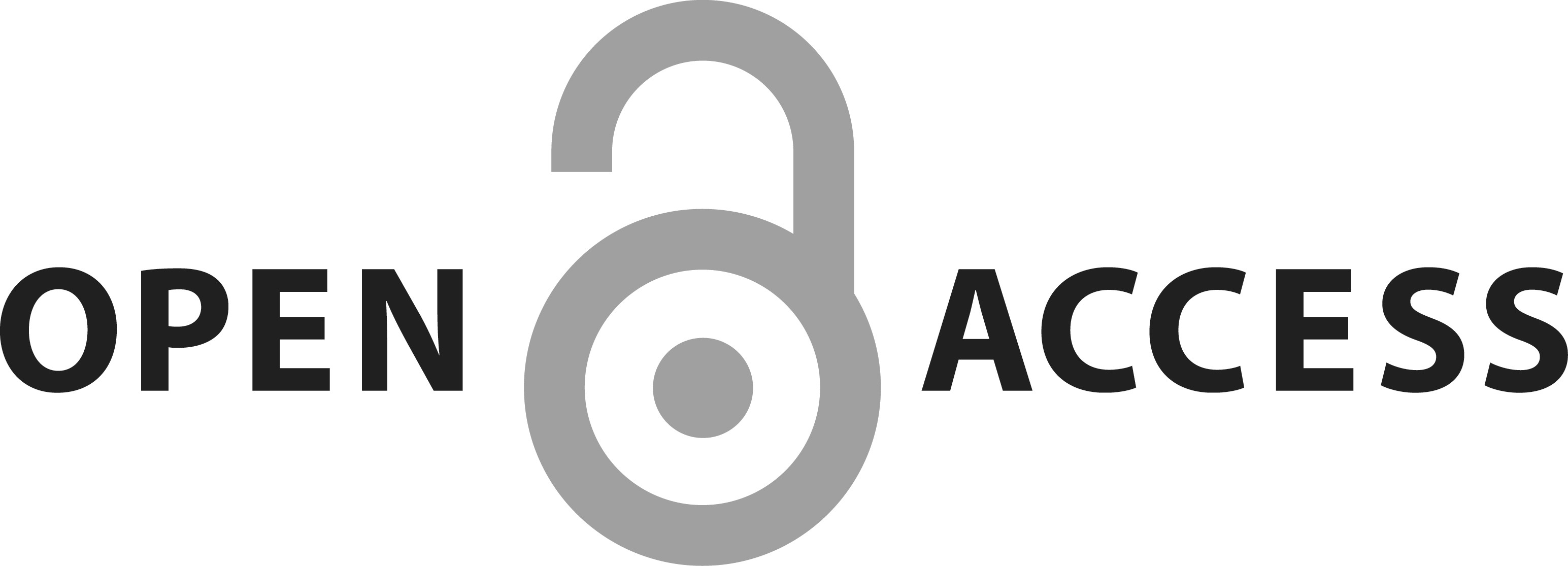NEGOTIATION AS A DETERMINANT OF EDUCATIONAL EFFICIENCY AND THE WORK OF THE SAFETY MANAGER
Abstrakt
The aim of the didactic and educational activity of every university, especially the military one, is to prepare the graduate intellectually and professionally to live in society. When creating educational programs in a specific field of knowledge or subject of education, it is assumed that their implementation will ensure that the teachers acquire the necessary minimum of required competences. In such a case, the authors of didactic programs always have a number of doubts or dilemmas such as: To what extent do the assumed competences correlate with the requirements and needs of the social reality, especially the professional one, in which the graduate is prepared to act? To what extent do the content of the curricula and the organization of the didactic and educational process ensure the acquisition of the assumed team of competences by the teachers? Of course, there are many more dilemmas of this type. Not all of them can be unequivocally resolved, if only due to the complexity of social situations in which the accuracy and reliability of the competences acquired by students are verified. Curricular education of students of military universities in the fields of study: national security, is aimed at, among others, the best possible preparation of future officers to command a sub-unit as well as managers and managers to manage human teams in state and local government institutions dealing with the organization and protection of public safety. An important element of the process of commanding a military sub-unit as well as managing in a situation of a potential threat is the ability to make accurate decisions as well as efficiently act and motivate subordinates and co-workers. In situations of uncertainty and insufficient information, and at the same time not only a potential but also a real threat to health and life, this requires not only appropriate psychophysical predispositions but also specific professional competences, especially in the area of distinguishing competences. Bearing the above in mind, the content and purpose of the article will be to introduce theoretically into the issues of social competences, seen from the perspective of a manager - leader - manager, and also an attempt to show the conditions of the manager's functioning - in various social situations, his role, tasks and qualifications, ensuring efficient management of the organization, these include: priorities in the implementation of tasks, skills, creative attitude and preparation for conducting negotiations. Requirements for modern managers - organization leaders - are extremely high, and meeting them does not guarantee only success. They lead people who, above all, need to be taught and prepared: to work in their position, to live in society, as well as to bring each other closer and focus around each other. Employees are different, they are strong and weak, full of pride and quite humble, curious about the world and, despite their different ages, overwhelmed by apathy. All of them, thanks to the work of managers and their competences, knowledge and skills, become good employees at various levels of the organization, and then managers. However, the basis of a manager's work is also, and perhaps above all, communication skills, the basis of which are negotiations.
Bibliografia
Armstrong M., How to be a better manager. Warsaw 1997.
Baron M., Determinants of the effectiveness of monitoring in an organization, PWN Warsaw 2018.
Bellenger L .: Negotiations. Press by Universitaires de France, Paris 1999.
Hamer H., The key to teaching effectiveness. Warsaw 1994.
Hawkins l., Hudson M., Cornall R., Lawyer as a negotiator or how to effectively negotiate legal issues, Warsaw 1994.
Fisher R., Ury W., Patton B., Coming to yes. Negotiating without giving up, Warsaw 1995,
Kamiński J .: Negotiations. Conflict resolution techniques. Warsaw 2003.
Kopczewski M .: Negotiations as an element of conflict resolution in the teaching process. In: Education of the 21st century, Poznań 2008.
Kopczewski M., Czerwińska E., The art of negotiation as an element of solving threats in the didactic process. In: Education in the 21st century, Poznań 2009.
Oleksyn T., Competency management. Theory and Practice, Walkers Kluwer 2017.
Olszanska J., Stefański R. (ed.), The art of negotiation. Auxiliary materials for negotiation training, Warsaw 1993.
Mastenbroek W., Negotiating, Warsaw 1996, Departing from no. Negotiating from confrontation to cooperation, Warsaw 1995.
Mellibruda J., Psychological possibilities of improving interpersonal contacts. Warsaw 1980
Nęcki Z., Negotiations in business, Kraków 1991, pp. 101-105.
Necki Z., Interpersonal communication, Warsaw 1992.
Seiwert L.J.,: How to Organize Time. Warsaw 1993.
Sobotka B., The competences of tomorrow, OSWOWAR 2020.
Sidor-Rzadkowska M., Competency systems of employee evaluation, Walkers Kluwer 2020
Tyrańska M., Selected issues of competency management in an organization, C.H. BECK 2021.
Copyright (c) 2023 Marian Kopczewski, Leszek Elak, Julia Nowicka

Utwór dostępny jest na licencji Creative Commons Uznanie autorstwa – Na tych samych warunkach 4.0 Miedzynarodowe.








